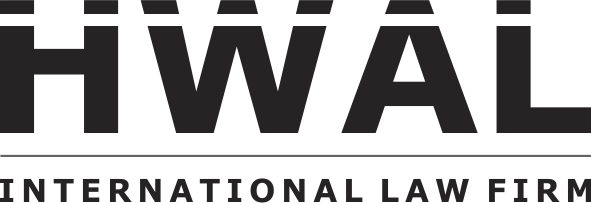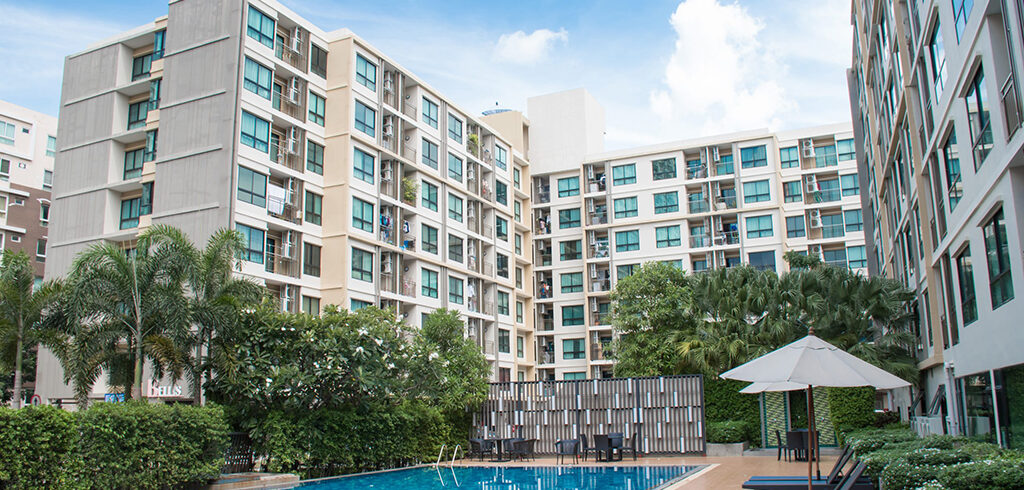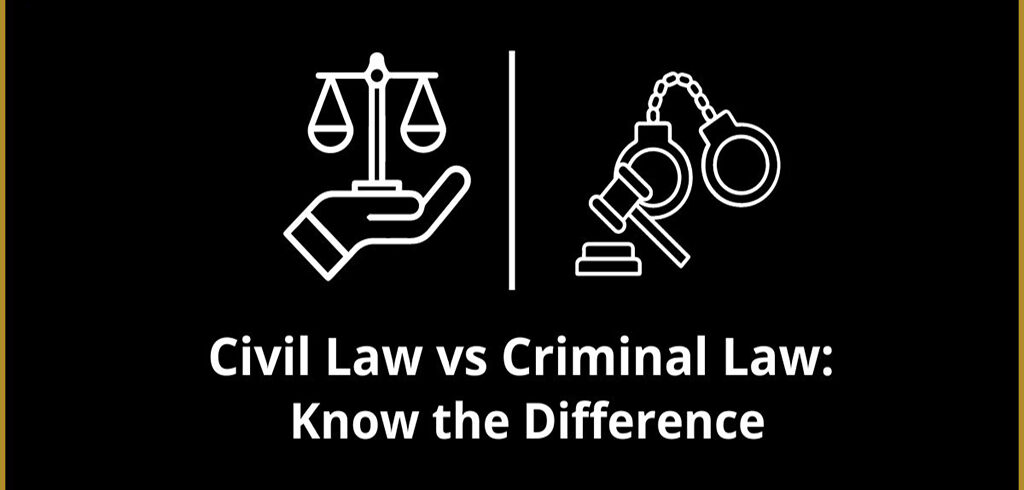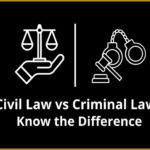
In general, the property laws and regulations of Thailand are patterned after the western nations in as much as the same way that the Thailand Civil Code is primarily based on the mainland European civil law system. Thai property laws are in effect considered western.
Possession of land in Thailand is ruled through the Land Code BE 2497 (1954), the Civil and commercial Code, Land Reform for Agriculture Act BE 2518 (1975) and the rules set forth through the Ministry of the interior. The conditions imposed on land ownership for non-Thai nationals are so restrictive that possession isn’t practicably possible at all.
There are, however, several approaches in which a foreign national can make about land ownership without violating the provisions of the property laws of Thailand. There are three ways to get around land ownership in Thailand by way of a non-Thai national:
- Register a Thai nominee
- Make and register a limited liability company to own the land
- Developing long-term rentals with assured rights to renewal for registered ownership under a Thai nominee’s name or under a limited liability company’s name.
Register a Thai Nominee
This option permits for a much faster and simple straightforward processing with out the load of extra costs. And this is why this option has emerged as one of first choice of many expatriates or foreign nationals who are eager to invest in homes in Thailand.
This method is generally suitable wherein an existing long-time period relationship has been set up and in place.
The foreign national need to have established retaining full control and influence over the nominated Thai national. if you are confident about your controlling role over the nominated Thai national, this could be the right choice to fulfill land ownership.
The apparent downside of this selection is the fact that legally, the land is not under your control, since it isn’t under your name. In the event of severing ties with the nominated Thai national for whatever motives, you don’t have any way to resell the land. you can only protect the property in question if a last will and testimony is in place controlling the bequeathing of the property at the death of the Thai nominee. Which means the Thai nominee will sign a last will and testament specifying that the property should be transferred to some other individual who could be your new Thai nominee in case of the first nominee’s demise.
Registration of a limited liability company
This approach has been the famous choice for lots overseas nationals within the past in structuring a way to own land in Thailand. The foreigner need to understand and be aware aboutall the requirements to process and sign up a limited liability company so as for this method to work. this indicates having only 49% ownership by foreign nationals and most people 51% of the shares are held by means of the local Thai nationals. As within the first option, the conditions do not warrant protection on the interests of the overseas nationals.
So it is vital that sure legal documents are made and in place to make certain that you nevertheless hold the control over the property registered underneath the organization’s name.
Leasehold
This technique is frequently ignored and not even taken into consideration by using foreign nationals wanting to own homes in Thailand. The principle of this method is to create a continuously renewable leasehold ownership structure that equates the pertinent advantages of Freehold possession including:
• Security of tenure
• Enjoy the benefits of asset appreciation
• Can make your asset as a gift to whom you choose.
• Property is yours to enjoy till sold or bequeathed.
The regulation is precise on its conditions that non-Thais won’t own the freehold title on the land. it’s far therefore crucial that two or separate contracts are drafted for each property – land and building. ownership of buildings may be legally transferred to the non-Thai national.
like the first two methods, this approach, too, needs essential safeguards to ensure that the foreign national enjoys the advantages of freehold ownership in phrases of control and protection.
The lease settlement should contain the following clauses:
1. Non-Thai must have right of access and abode on the land.
2. in the event that the laws on foreign land possession change within the future, the non-Thai national must have the right to transform the leasehold to freehold ownership.
3. The right to sell and transfer the assets
4. A non-Thai national need to have full and irrevocable power of attorney with respect to the land granted via the nominated Thai national to the non-Thai. In effect the Thai national returns control to the non-Thai.
5. The lease agreement have to have guaranteed extension clauses granting in addition terms up to a most of 90 years earlier than renewing the rent.





